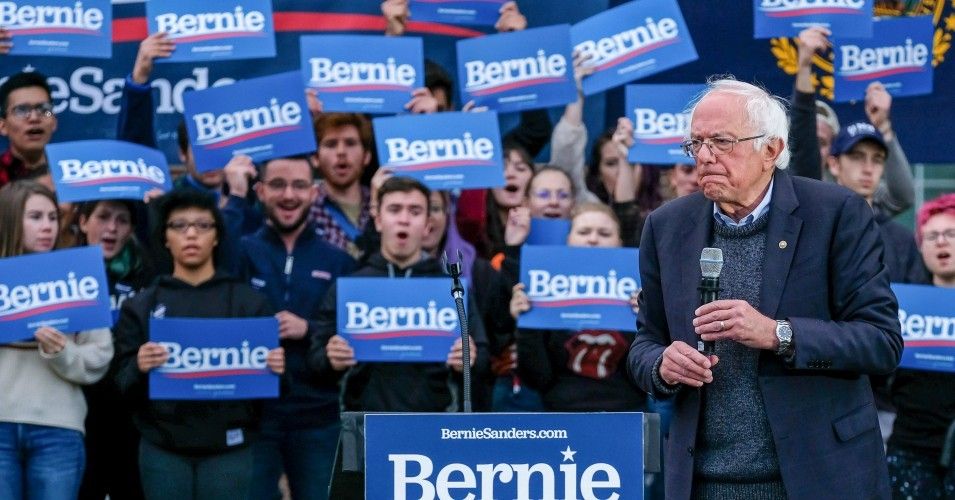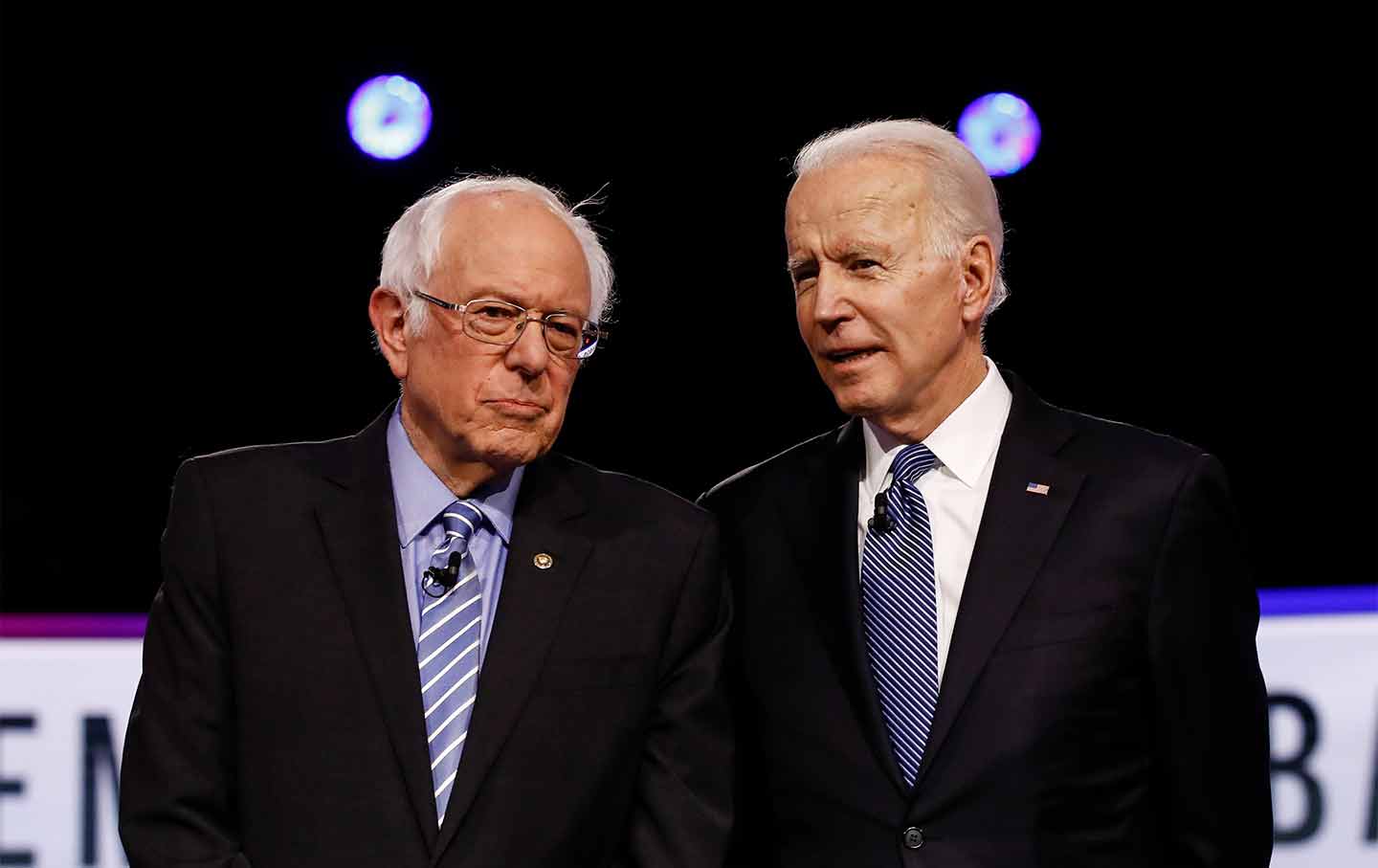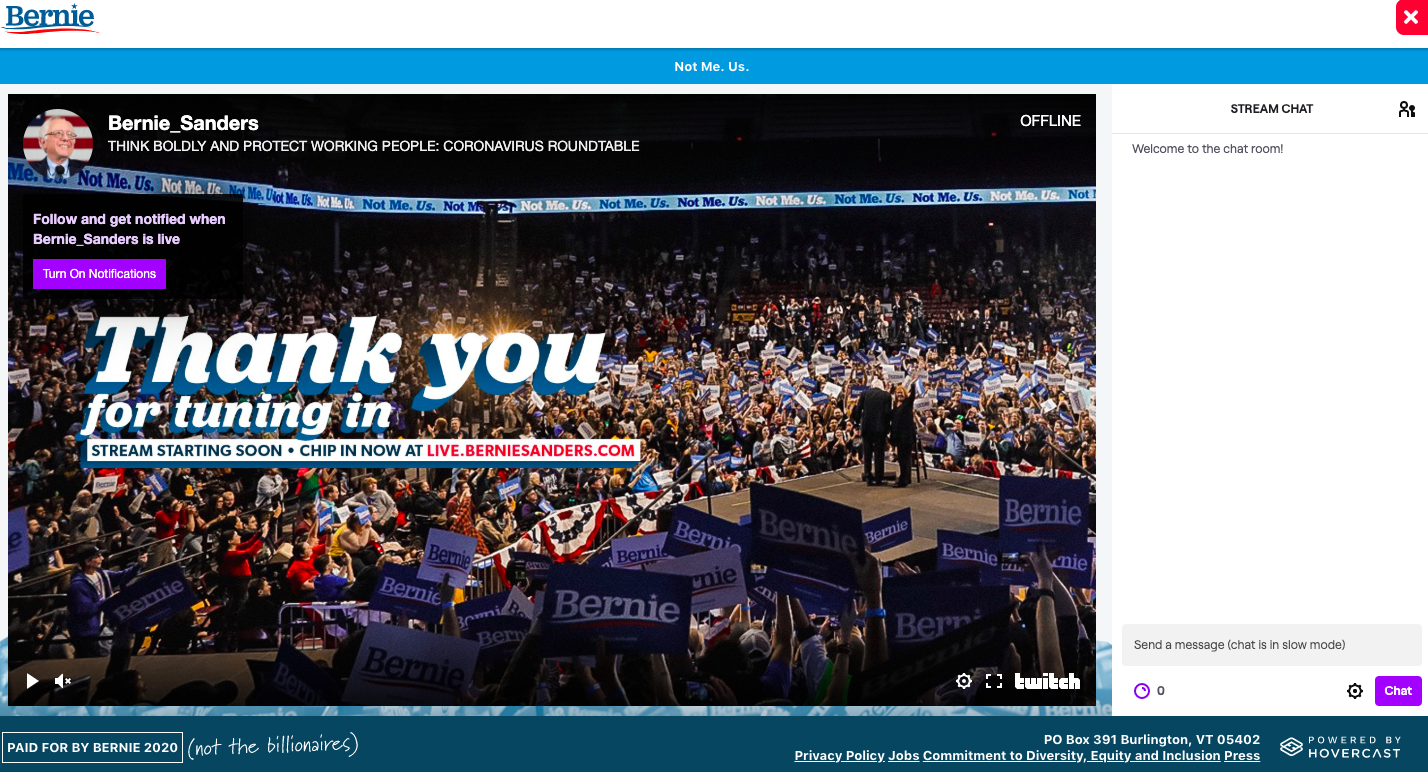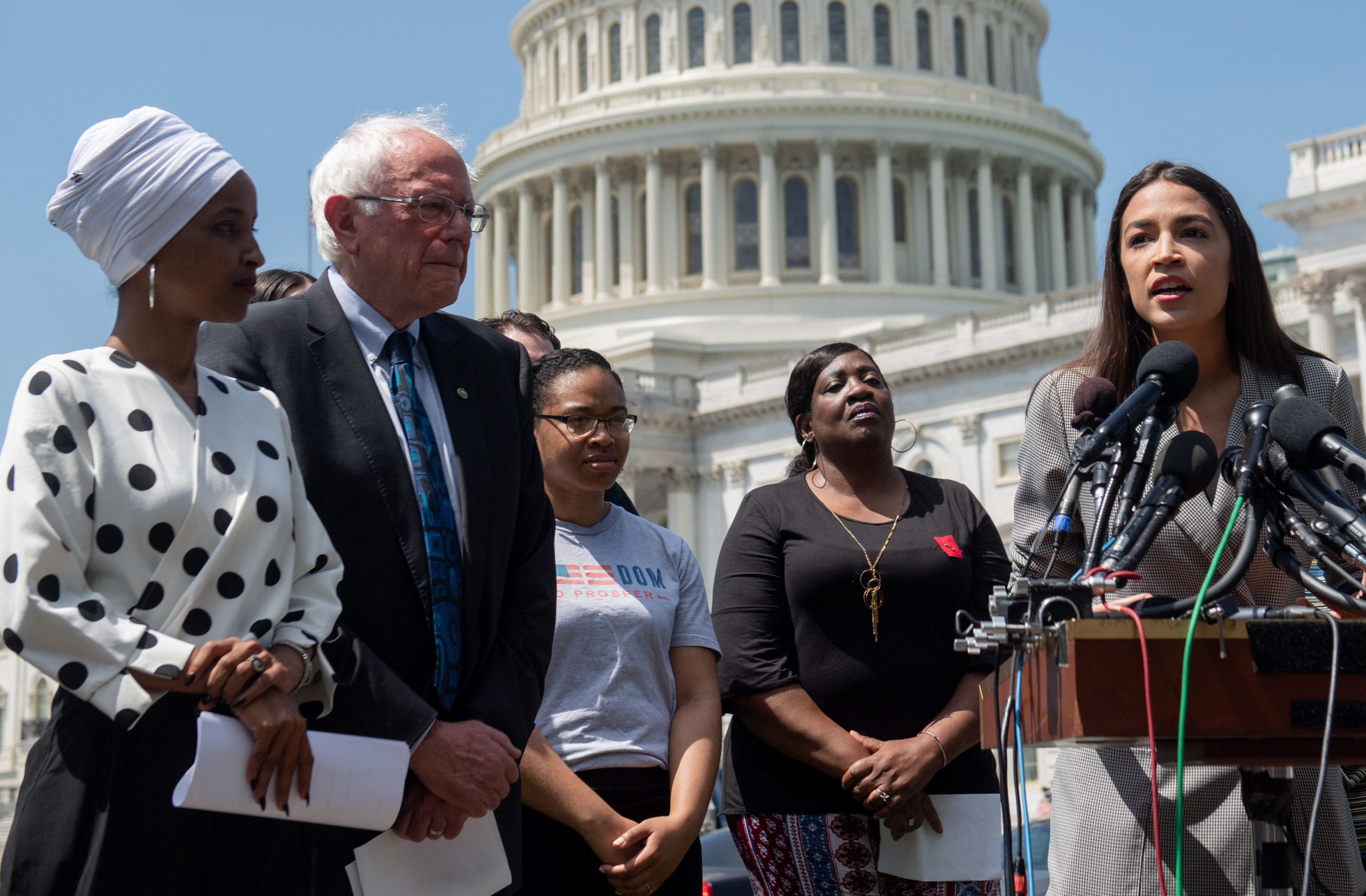What’s next for Bernie Sanders’ campaign?

A few minutes every morning is all you need.
Stay up to date on the world's Headlines and Human Stories. It's fun, it's factual, it's fluff-free.
Since the middle of March, there has been discussion in the media about whether the campaign of Democratic presidential nominee Bernie Sanders was coming to an end.
Sanders, the progressive senator from Vermont who identifies as a Democratic Socialist, is one of only two candidates still in the race, but a string of primary losses has left his campaign in a precarious position.
As of April 2, Sanders has not suspended his campaign and has shown every intention of fighting on through the coming months. He has streamed regular rallies online throughout the worsening COVID-19 crisis that have included in depth discussions of policies.
Is Bernie Sanders dropping out?
On March 18, Axios reported that Sanders was suspending his campaign for president a day after suffering a series of primary losses to former Vice President Joe Biden.

Less than 24 hours later, Axios had updated their story with the correction that the campaign had not been suspended. Instead, the campaign had merely pulled its Facebook ads.
However, after those primary losses a common narrative has emerged in the mainstream media: Sanders has no chance of winning the nomination and should drop out. This assertion is based largely on delegate math.
As stated by the polling aggregation and statistics website, FiveThirtyEight, “Biden’s delegate lead is now nearly insurmountable.”
Candidates need to win a majority of pledged delegates in the primaries (at least 1,991) to win the Democratic nomination. At the end of March, Biden had 1,217 delegates and Sanders had 914. Though there are still more than a thousand delegates up for grabs, Sanders would need to overwhelmingly win every primary from here on out in order to come out on top.
FiveThirtyEight gives Biden a 99% chance of winning the nomination, assuming he doesn’t drop out of the race.
In the face of that math, the Sanders campaign has reportedly been wrestling with three paths forward.
- Fight on, but without attacking Biden
- Continue an aggressive approach that includes attack ads
- End the campaign altogether
At the moment, Sanders’ campaign appears to have chosen the first option.
The coronavirus upends the primaries
According to NPR, Sanders’ campaign received an unexpected shot of life in the wake of the coronavirus pandemic. His campaign’s focus on universal healthcare as its main policy issue has become especially relevant in light of the continuing health crisis.
As millions of people lose their jobs and, as a result, their employer-provided health insurance, Sanders has argued that his Medicare For All plan would guarantee that every American still has medical coverage.
With Americans being advised to avoid public gatherings, Sanders has also kept his campaign visible by going digital. In the days before the March 18 primaries, Sanders moved his campaign rallies online.
Across multiple platforms, including Facebook and Twitch, Sanders has livestreamed policy videos and fireside chats to audiences across the country. He has talked about the issues of the campaign, discussed the coronavirus crisis, and even virtually hosted guests, such as the American philosopher and political activist, Cornel West.

On March 22, Sanders was joined by three members of the US House of Representatives, Rashida Tlaib, Ilhan Omar and Alexandria Ocasio-Cortez (commonly known as AOC). In their streaming conference, the four progressive politicians discussed how they would address the crisis.
Is the progressive wing splintering?
In October 2019, just months before the primary season began, Tlaib, Omar and AOC endorsed Sanders. The women are three of four recently elected representatives that make up “The Squad.” Representative Ayanna Presley, who broke with the other three to endorse Elizabeth Warren’s campaign last November, is the fourth.

Sanders went on to win the popular vote in the first three primaries before losing the South Carolina primary and the majority of the states that voted on Super Tuesday.
In February 2020, Vanity Fair reported on a rift between the Sanders campaign and AOC, perhaps the most high-profile member of the Squad (she is regularly the focus of critical coverage by the conservative TV network Fox News). AOC has reportedly been a big draw at Sanders’ rallies across the nation, especially for young voters.
The teams of the two politicians were said to have conflicted over specific issues related to immigration. AOC also purportedly objected to the Sanders campaign’s embrace of Joe Rogan. The controversial comedian, actor and YouTube star voiced support for Sanders, but has been accused by his critics of homophobic and transphobic remarks.
On March 30, Politico reported that, in recent weeks, AOC has appeared to be distancing herself from Sanders and the progressive political action committee (PAC), Justice Democrats.
That group’s main aim was running progressive challengers to Democrats they deemed too centrist. Of the 79 candidates Justice Democrats endorsed in 2018, only seven won in the general election. Among them were the four women who make up the Squad.
Now it appears that AOC has broken from Justice Democrats. She has not endorsed many of their 2020 candidates and has started her own PAC, Courage to Change, to support progressive challengers to Republican incumbents.
[article_ad]
Have a tip or story? Get in touch with our reporters here!




Comments ()